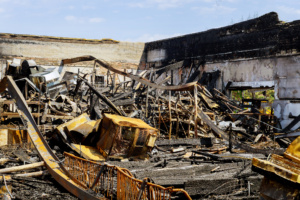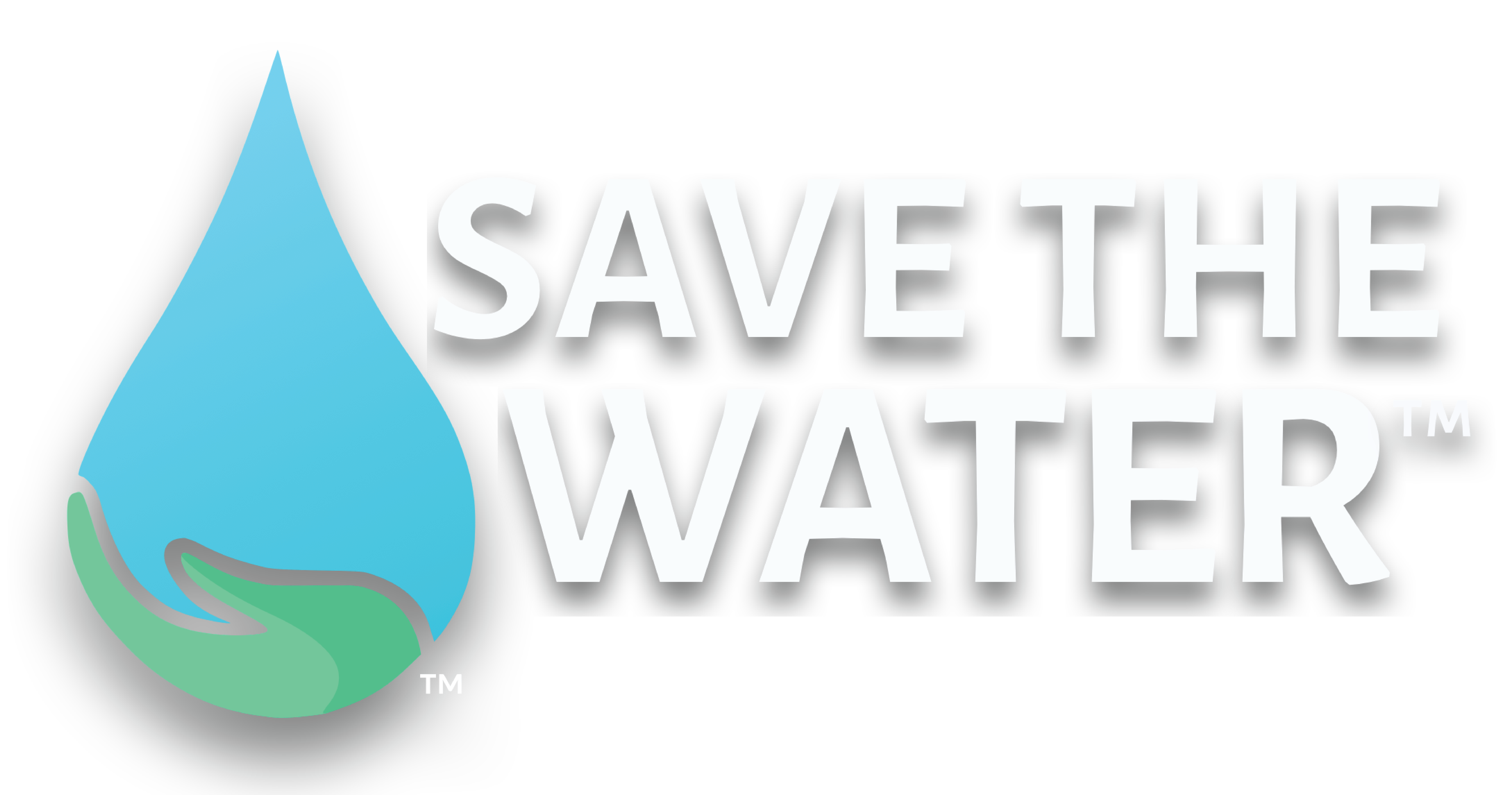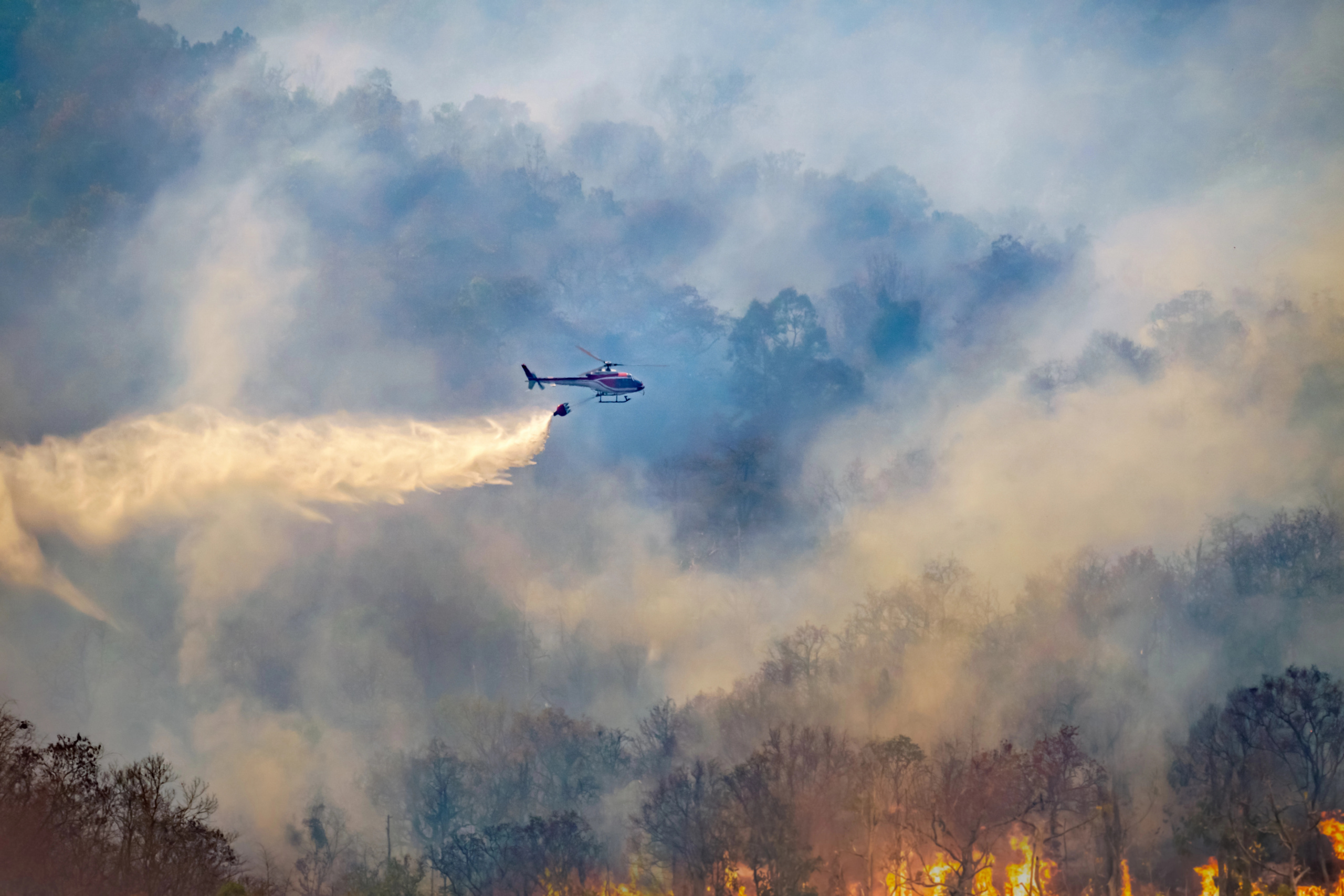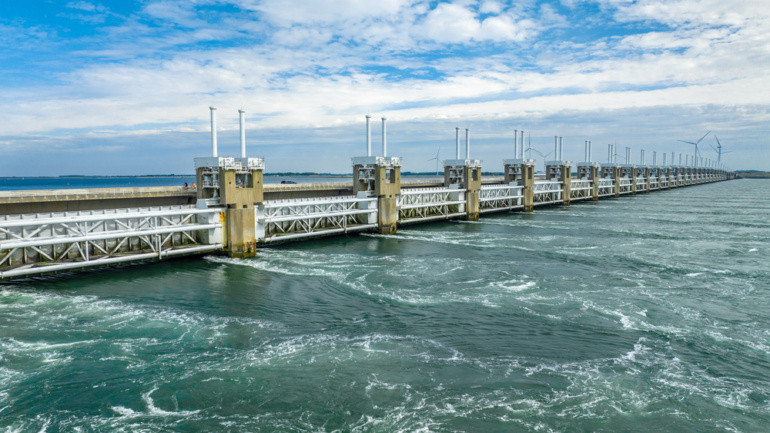By Alicia Buenaventura, Publishing Associate: Researcher and Writer at Save the Water™ | February 10, 2025
Edited by Joshua Awolaye, Publishing Associate: Editor at Save the Water™
As wildfires grow across the United States, so does their threat to clean water in affected communities and surrounding areas. Communities often face clean water challenges for months after the fires go out. Wildfires damage water infrastructure, bring harmful chemicals into the water and destroy vegetation. This causes soil erosion and changes water composition. The impact of wildfires on water quality is clear, so wildfire prevention and water supply protection must go together. We must invest in fire prevention, support repair efforts, and strengthen water infrastructure against fire damage.
How Wildfires Affect Water Quality
Many city water systems have plastic pipes and components that wildfires can easily melt. This exposes the water supply to plastic and environmental pollutants. This happened in the 2020 North Complex Fire and 2018 Camp Fire.
Water pressure drops from pumping excess water during a disaster and speeds up pollutants entering the water. These pressure drops act like a vacuum with any opening, pulling in soot and chemicals from burned materials.
In addition, many everyday household items contain toxic chemicals that are released into the air when burned. Items like thermometers, treated wood, and antique crockery could release mercury, arsenic, chromium, and uranium. The contaminants enter the water system through ash, which is difficult to filter.
Furthermore, Andrew Whelton, an engineering professor who studies wildfires, said boiling won’t remove the heavy compounds in fire ash from water. The chemicals will instead be absorbed into fatty tissue after they’re consumed.
Water infrastructure like plastic pipes also absorb pollutants. As a result, this needs testing and several rounds of flushing to assure safety. High benzene levels, a substance linked with cancer, were found in drinking water after the 2017 Tubbs and 2018 Camp Fires.

The Link Between Forests and Water Quality
Vegetation and forest loss can greatly change water quality post-wildfire. Trees hold soil together, so the topsoil is exposed to erosion when a fire’s high temperature scorches the forests. As a result, the topsoil erodes with wind and rain, thereby, washing chemicals like nitrogen and phosphorus into water sources. These nutrients boost algal blooms, which can produce toxins that pollute water or clog water filtration systems.
Additionally, with fewer trees and wildlife to absorb the water, flooding is common and can worsen these effects. Flooding brings sediment, ash, and pollutants into water systems, damaging water quality and stream habitats. These effects show how important forests are in preserving water quality and maintaining a healthy balance between soil, rainfall, and water bodies.
Safeguarding Water Systems from Wildfire Damage
Wildfires threaten water quality in affected communities long after a disaster. The aftermath shows us how vital it is to safeguard our forest life and water systems from wildfire. We must build fire-resistant water infrastructure to deliver fresh water to residents after a wildfire. In fact, many water systems are already moving away from plastics or burying pipes deeper, which reduces exposure to heat. Protecting wildlife and property from wildfires is difficult, but planning ahead can help to keep water safe and clean after such events.



